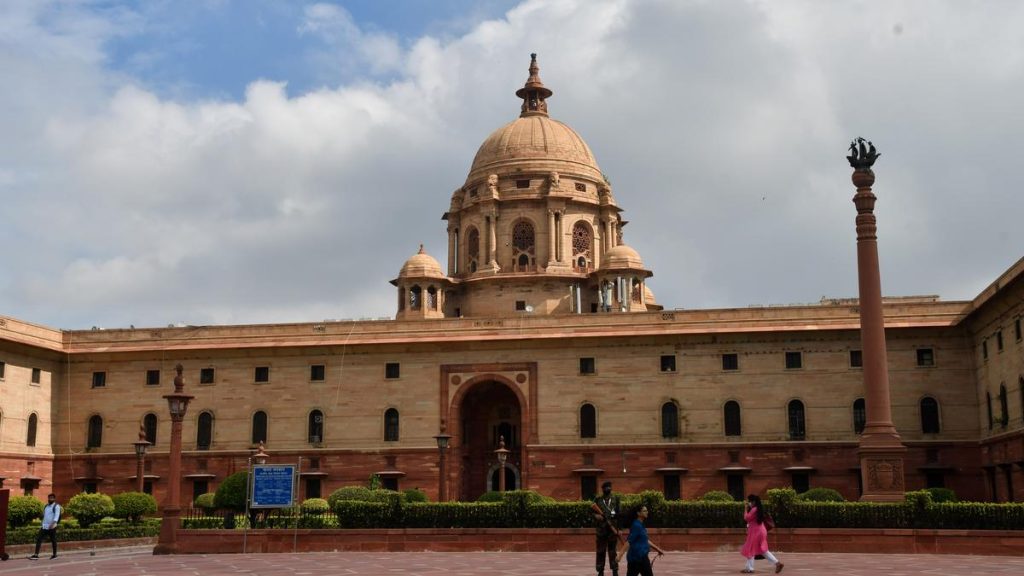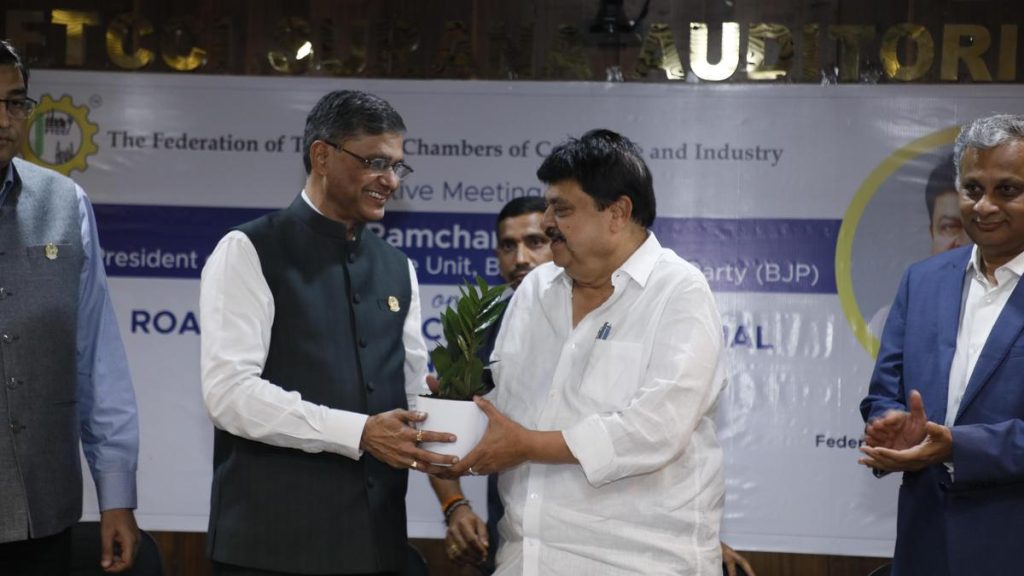Now Reading: ED Alleges Bhupesh Baghel’s Son Used ₹16.7-Cr Liquor Scam Funds in Realty Business
-
01
ED Alleges Bhupesh Baghel’s Son Used ₹16.7-Cr Liquor Scam Funds in Realty Business
ED Alleges Bhupesh Baghel’s Son Used ₹16.7-Cr Liquor Scam Funds in Realty Business

Quick Summary
- chaitanya Baghel, son of ex-Chhattisgarh CM Bhupesh Baghel, was arrested by the Enforcement Directorate (ED) for allegedly handling over ₹1,000 crore from a liquor scam.
- The ED claims he used ₹16.7 crore of “proceeds of crime” for his real estate project.
- Cash payments and banking trails suggest collaboration with a businessman named Trilok Singh Dhillon to indirectly receive funds via flat purchases in the Vitthalpuram Project.
- The scam reportedly caused a massive loss to the state exchequer,filling beneficiaries’ pockets with over ₹2,100 crore between 2019 and 2022 during congresss governance in Chhattisgarh.
- bhupesh Baghel accused central agencies of political targeting but expressed trust in India’s judiciary and willingness to cooperate with investigations. He alleged that the timing coincided with Congress raising concerns about illegal tree felling in the Assembly.
- Arrests related to this case include Anwar Dhebar (brother of Raipur Mayor), former IAS officer Anil Tuteja, Indian Telecom Service officer Arunpati Tripathi among others; FIR included 70 individuals/companies.
Indian Opinion Analysis
The allegations against Chaitanya Baghel spotlight important legal and political challenges. From an investigative standpoint, claims involving misuse of public resources (₹2,100 crore) raise stark questions about administrative oversight during Congress’s tenure. If substantiated through evidence like banking trails and recorded statements as cited by ED, this could establish accountability failures on multiple fronts.
Conversely, accusations from Bhupesh Baghel that central agencies are being exploited for partisan purposes highlight ongoing debates regarding neutrality in institutional probes targeting opposition figures-timing amidst politically sensitive issues like illegal deforestation further fuels speculation.
For India’s governance framework overall: these developments emphasize urgent calls for robust anti-corruption mechanisms while reconciling perceptions around independence within enforcement agencies.
Read More: Economic Times

























